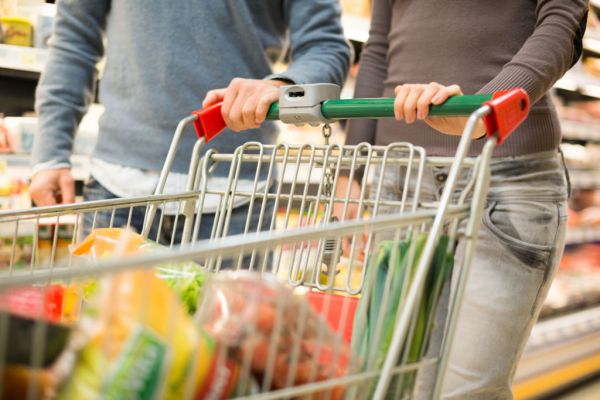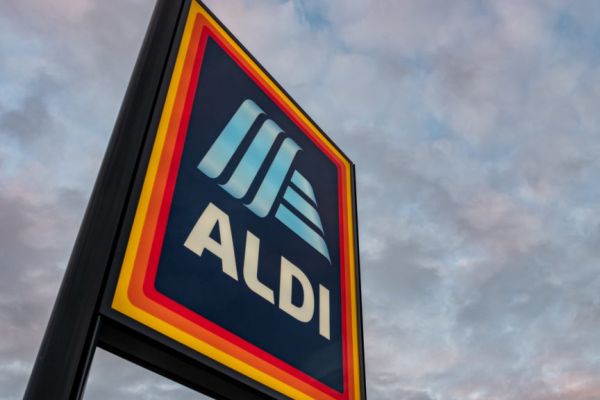Global consumer goods companies have been banking on emerging markets to drive their growth, so signs on Thursday that sales have come off the boil in the once-booming economies of China and India could set alarm bells ringing.
Unilever, Nestlé and drinks group Pernod Ricard all pointed to slower progress in key Asian markets as a factor for muted sales growth over the last three months but for the time being are keeping targets intact.
Packaged goods companies like these have been relying more on emerging markets to offset changing habits in developed economies, where growing numbers of consumers are turning to fresher foods, niche brands or cutting back on spending.
Yet two of the biggest emerging markets are now showing signs of slowing growth, with trade tensions with the United States hitting domestic consumption in China and more erratic and damaging monsoons curbing rural spending in India.
'Slowed a Little'
Anglo-Dutch Unilever said growth 'slowed a little' in China during the third quarter, while Nestle said its sales performance in China was flat over the first nine months of the year.
Including globally managed businesses such as Nespresso, Nestlé's growth in China was 1.5%, Chief Executive Mark Schneider told investors on a call.
French drinks company Pernod Ricard said the pace of its sales growth in China slowed to 6% in the quarter from 27% a year earlier due to challenging market conditions.
"We are seeing different dynamics between price points (in China)," Nestle finance chief Francois-Xavier Roger said.
"Super premium offerings such as Illuma (infant formula) and Purina (pet food) grew well while mainstream products like Yinlu peanut milk, congee and S26 (infant formula) were challenged," he added.
Unilever finance chief Graeme Pitkethly said sales growth at China's bricks-and-mortar retailers slowed to 1% in the third quarter from 2% a year earlier.
"There have definitely been signs of slowing markets in India and China," Pitkethly told Reuters.
Earlier this week, a poll showed that China's economic growth was expected to decelerate to a near 30-year low. . The economy in India is growing at its slowest rate in six years.
"In India, we are going from very high rates of market growth to growth rates in the mid-single digits," added Pitkethly.
In Argentina, another of Unilever's big emerging markets, hyper-inflation has kept shoppers away from stores and led to a 4% drop in volumes.
Targets Held For Now
Pernod Ricard's CFO Helene de Tissot blamed a softer trade environment for the drop in sales of its spirits such as Chivas in China.
However, she said Pernod was still confident of achieving its mid-term sales growth targets in India and China.
Nestlé, known for KitKat chocolate bars and Maggi noodles, posted 3.7% organic sales growth in the third quarter, in line with expectations, while Unilever reported 2.9% growth, just shy of analysts' estimates.
Both companies maintained their operating margin and sales targets for the year.
Unilever shares traded up 1.5% at 1345 GMT, while Nestlé slipped 2.2%.
Pernod said its like-for-like sales rose only 1.3%, down from 10.4% a year ago and below analysts' expectations.
Pernod shares fell 4.6%, trimming gains for the year to under 11%. The French company is facing U.S. tariffs as a result of a long-running dispute over aircraft subsidies.
Nestlé shares have been the better performer over the year to date, gaining 30% as investors warmed to Schneider's strategy. Unilever, under new CEO Alan Jope this year, has seen its share price increase by around 14%.
News by Reuters, edited by Donna Ahern Checkout. Click subscribe to sign up for the Checkout print edition.






